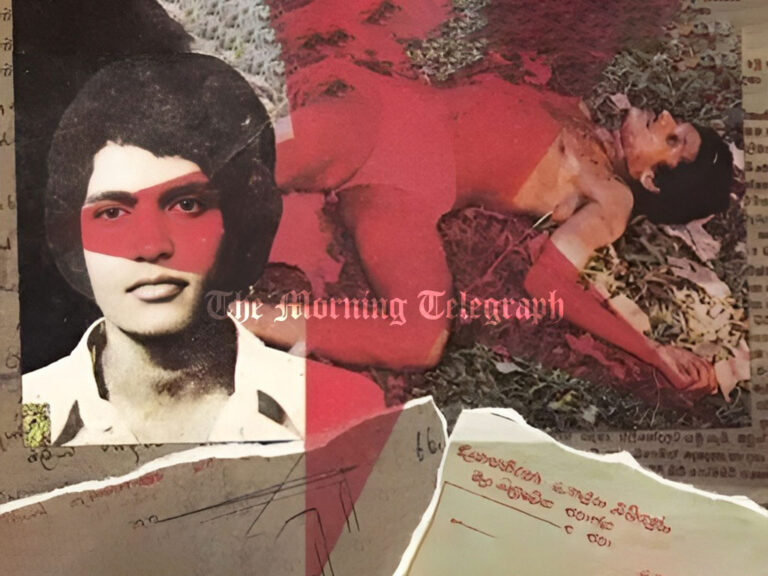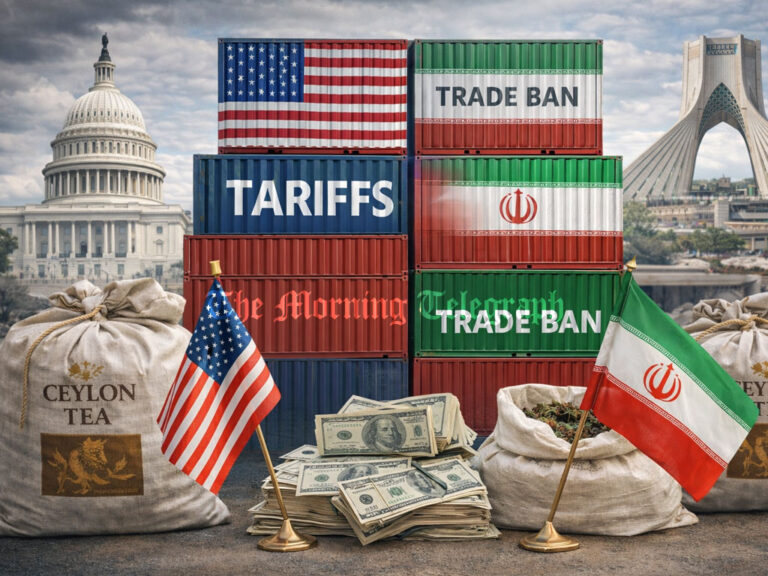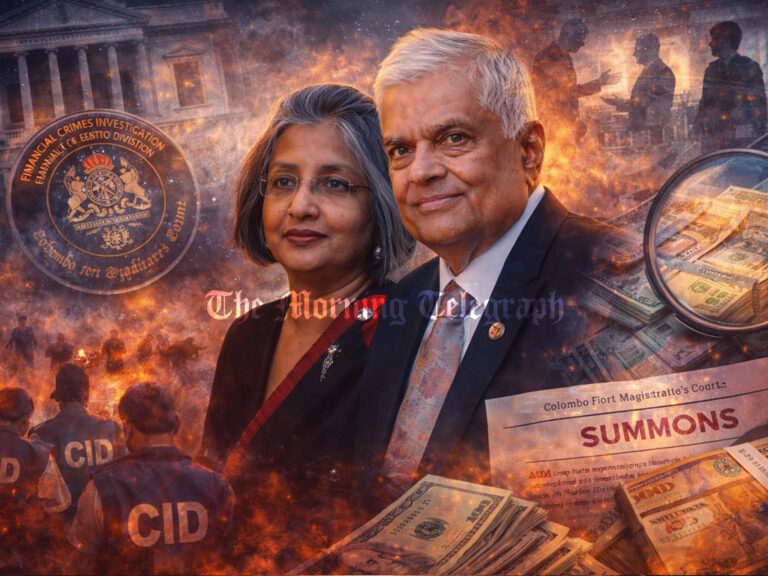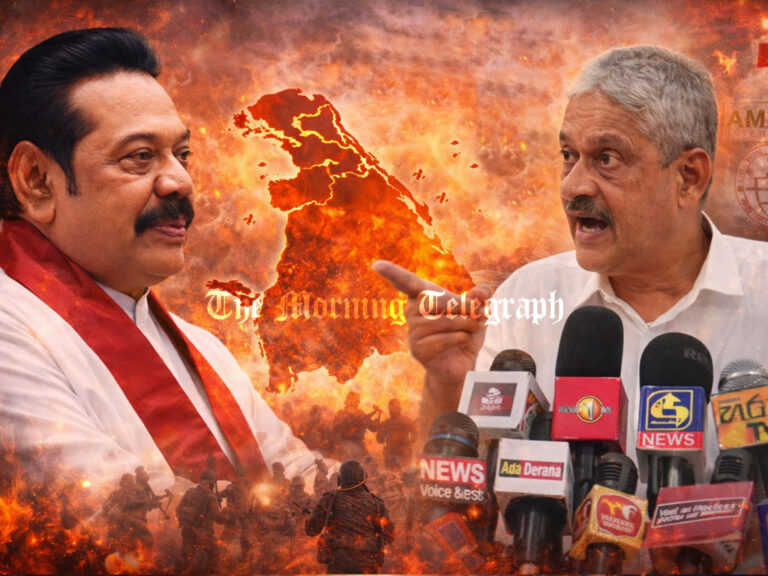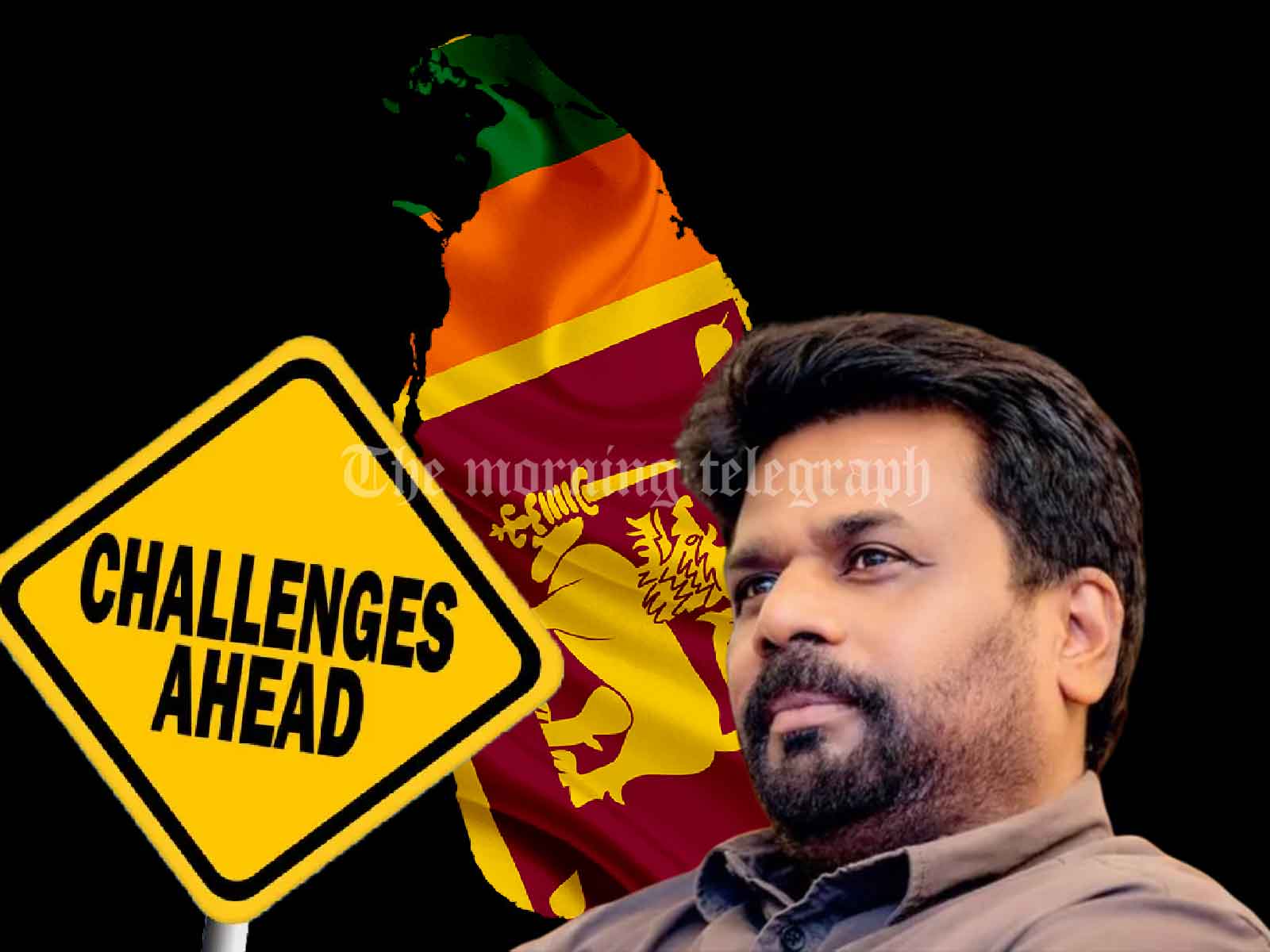
In the wake of the 2024 Presidential Election, Sri Lanka has chosen Anura Kumara Dissanayake as its 9th Executive President. Known for his roots in progressive politics and his leadership of the National People’s Power (NPP), President Dissanayake’s victory marks a significant moment in Sri Lankan history. However, the celebrations are overshadowed by the monumental challenges that lie ahead for him as he takes office. From a fragile economy to social unrest and political division, the road ahead is anything but easy.
Economic Turbulence and Debt Management
Sri Lanka’s most immediate and pressing concern is its economy. The nation is still reeling from the aftershocks of the 2022 financial crisis that pushed it into bankruptcy. While the economy has stabilized somewhat, largely due to reforms and international assistance secured by former President Ranil Wickremesinghe, major hurdles remain.
Dissanayake will need to negotiate further debt restructuring deals with international creditors, including China, India, and the IMF. This requires not only diplomatic finesse but also making difficult fiscal choices that could anger parts of his base. Public expectations are high for an economic recovery that improves living standards, reduces inflation, and increases employment opportunities. Yet, balancing austerity measures with the need to protect vulnerable populations will be a delicate act.
Political Stability and Governance
Dissanayake, despite his victory, faces the challenge of uniting a politically fractured country. The National People’s Power is relatively new to mainstream governance, and the ability to navigate the complex dynamics of coalition politics will be critical. With diverse parties in Parliament, Dissanayake will need to build strong alliances to push forward his reform agenda.
The call for constitutional reforms, especially regarding limiting executive powers, has been a hallmark of the NPP’s campaign. But implementing such reforms, while still maintaining effective governance, may prove challenging. The new president must demonstrate that he can manage these reforms without weakening the state’s ability to tackle the urgent economic and social crises.
Social Reconciliation and Unity
One of the most enduring issues in Sri Lankan politics is the country’s ethnic and religious divisions. Dissanayake must prioritize national reconciliation, particularly between the Sinhalese majority and the Tamil and Muslim minorities. His administration will be expected to address historical grievances related to the civil war, as well as ongoing concerns about discrimination and marginalization. Ensuring a peaceful, unified Sri Lanka will require inclusive policies that heal old wounds, while also promoting social cohesion.
Restoring Trust and Institutional Integrity
The public’s trust in Sri Lankan institutions is at an all-time low. Corruption, inefficiency, and bureaucratic red tape have eroded faith in the government. Dissanayake’s platform focused on anti-corruption measures, transparency, and good governance. Delivering on these promises will be critical to restoring credibility in the eyes of the public. The challenge will be to reform entrenched systems without alienating key stakeholders within the bureaucracy and political establishment.
Navigating Foreign Policy and Diplomacy
On the international stage, President Dissanayake will need to carefully balance Sri Lanka’s relationships with key global powers. Maintaining strong ties with India, China, and the West is essential for both economic recovery and political stability. Dissanayake must also navigate the delicate task of securing foreign aid and investment while safeguarding Sri Lanka’s sovereignty.
International expectations are high, especially in light of Sri Lanka’s strategic importance in the Indian Ocean. Dissanayake’s foreign policy will have to ensure that Sri Lanka remains a neutral player, while also leveraging its geopolitical position for economic and diplomatic gains.
Environmental and Climate Challenges
Sri Lanka is vulnerable to the effects of climate change, and addressing environmental degradation must also be part of Dissanayake’s agenda. His government will need to focus on sustainable development, renewable energy, and protecting the country’s natural resources. These issues are particularly pressing for rural communities that depend on agriculture, which has been hit hard by erratic weather patterns.
A New Era or the Same Struggles?
President Anura Kumara Dissanayake’s election represents a break from the traditional political elites of Sri Lanka. His rise symbolizes the hopes of many who seek systemic change, transparency, and justice. However, translating those hopes into practical policies that tackle Sri Lanka’s multifaceted crises will be a monumental task.
Dissanayake’s leadership will be judged not just by his ability to navigate these immediate challenges, but by his capacity to inspire lasting institutional change. Sri Lanka stands at a critical juncture, and whether the new president can deliver on his promises will define the country’s trajectory for years to come. The stakes have never been higher, and the world watches as Anura Kumara Dissanayake embarks on this critical journey.

